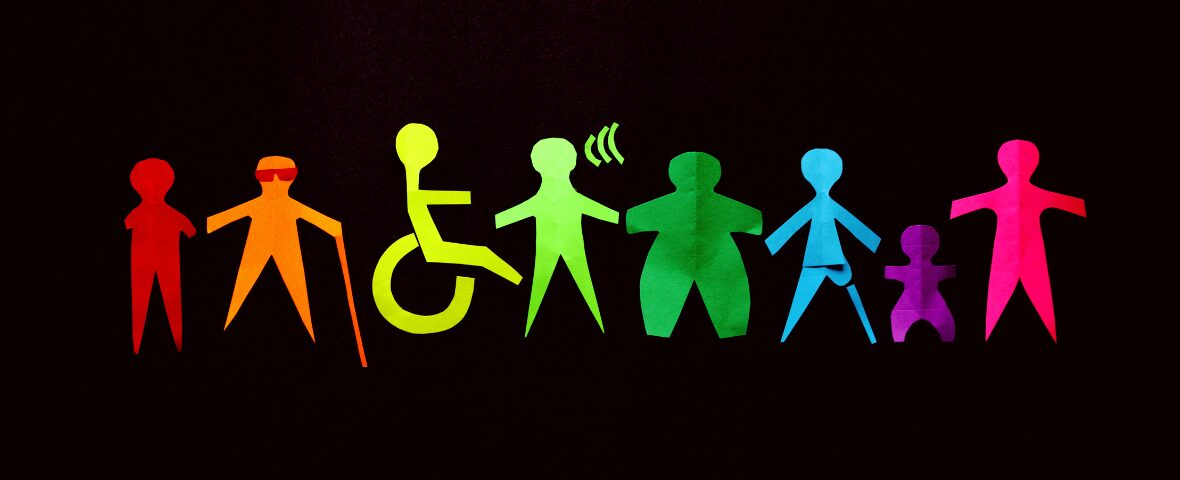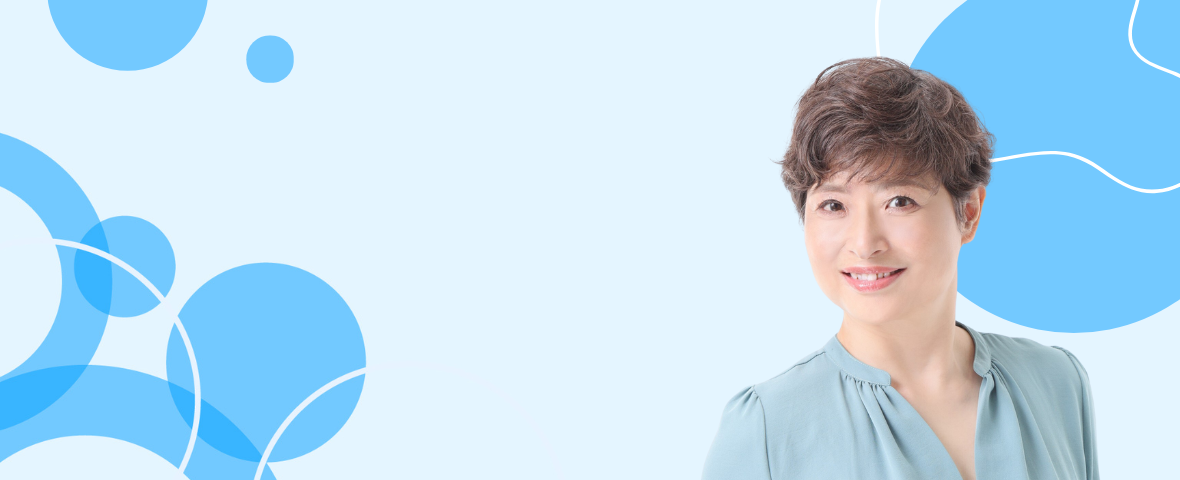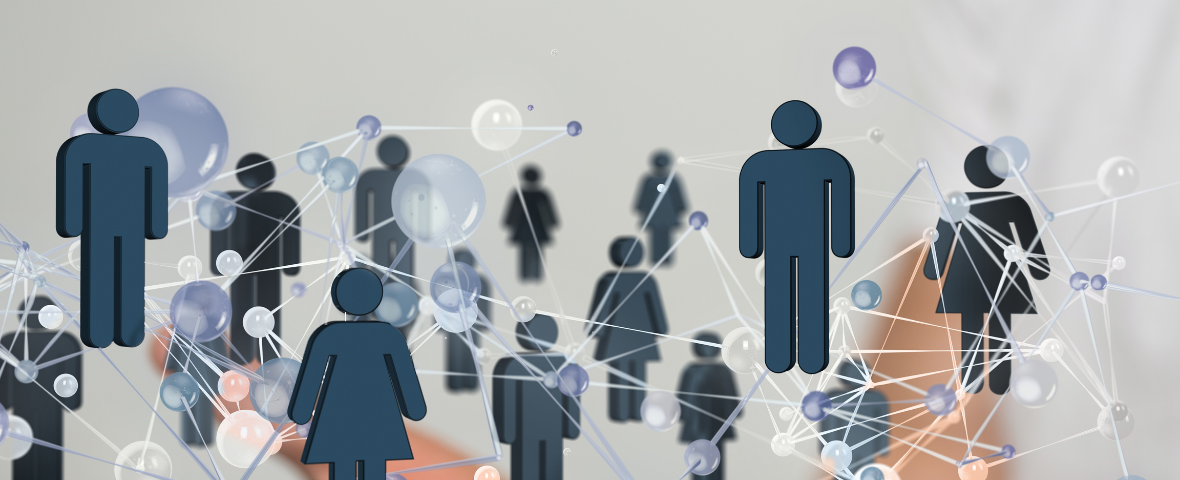
Reasonable Accommodations for Members with Disabilities
Reasonable Accommodations for Members with Disabilities
国際開発学の再定義, 多様性からのシナジー, ワクワクの創造
The Japan Society for International Development contributes to research and human resource development.

Reasonable Accommodations for Members with Disabilities

Shoko Yamada, 12th President
MESSAGE FROM THE PRESIDENT

Article of Organization for JASID
ARTICLES OF AGREEMENT

Outlook about Size of JASID
MEMBERSHIP STATISTICS

EXECTIVE
第12期(FY2024-2027)役員のご紹介
EXECUTIVE COMMITTEE

PROSPECTUS

Nominated by General Assembly
HONORARY MEMBERS

Reasonable Accommodations for Members with Disabilities